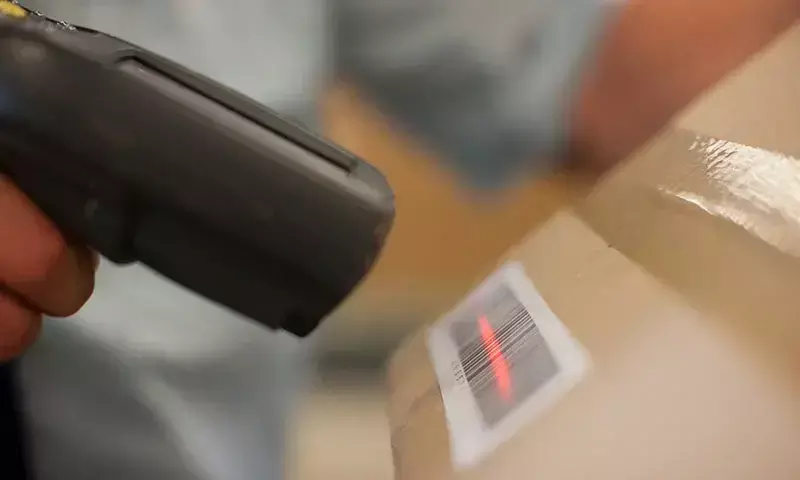Imperative of effective track and trace in supply chain

In the tightly regulated world of manufacturing, the need for effective Track and Trace systems goes beyond ticking boxes – it has emerged as a crucial strategy. Across diverse sectors such as pharmaceuticals, retail, chemical, automotive, fertilizers, or the food industry, these systems amalgamate records, systems, and processes to ensure the safe monitoring of critical goods from production to end-users. In industries like retail, where counterfeit products pose a significant threat to brand reputation, or in the automotive sector, where product authenticity is paramount, effective Track and Trace systems become instrumental.
Companies across various industries must proactively address numerous risks, including counterfeit threats, supply chain leakages, product expiry, recalls, authenticity concerns, and supply chain bottlenecks. Track and Trace systems offer real-time visibility, enabling timely interventions to mitigate these risks, minimizing the impact on consumers and preserving brand integrity. Effective strategies go beyond mere compliance and encompass comprehensive risk mitigation measures. These benefits aren't confined to just brands. The connected vendor ecosystem, which gains visibility, aids effective planning. Purchasers benefit from insights into consumption patterns, improving vendor management and purchasing power. Beyond operational benefits, Track and Trace systems contribute to sustainability goals. By accessing transactional data, these systems enable predictive maintenance, reduce wastage, optimize energy consumption, and reduce the digital footprint associated with fuel and paper usage.
The market for various goods across sectors is also on the rise, reflecting the importance of these technologies. Beyond being a regulatory checkbox, these systems serve as a strategic imperative for companies looking to safeguard their products, ensure compliance, and navigate the complexities of evolving market landscapes. Track and Trace systems emerge as a crucial defense, providing real-time tracking capabilities throughout the supply chain. When integrated with Track and Trace, serialization - assigning unique codes to individual product units for precise tracking, fortifies supply chain integrity, standardized operations, provides real-time visibility into product movement, and mitigates the risk of counterfeit infiltration. Blockchain technology adds an extra layer of security, ensuring the integrity of products across various sectors. In the era of Industry 4.0, compliance with industry standards and adopting traceability measures have become imperative. The integration of AI tools, traceability matrices, and digital systems has resulted in the occurrence of flawless batches in manufacturing, a practice applicable across sectors.
Looking forward, the future of Track and Trace systems lies in advanced technologies like artificial intelligence and blockchain, promising heightened capabilities in real-time visibility, risk mitigation, and sustainability. As Industry 4.0 unfolds, these systems are poised to become proactive tools, leveraging predictive analytics and fostering global collaboration for standardized frameworks. The strategic integration of emerging technologies will enhance supply chain security and empower industries to adapt to evolving market dynamics, shaping a resilient, transparent, and sustainable future for global supply chains.
The views and opinions expressed in this article are those of the author and do not necessarily reflect the views of Indian Transport & Logistics News.




